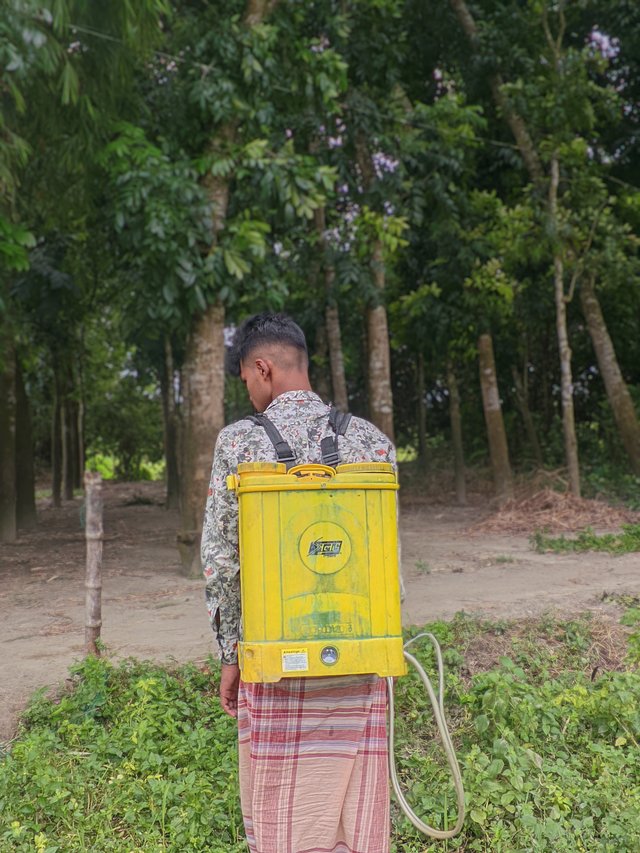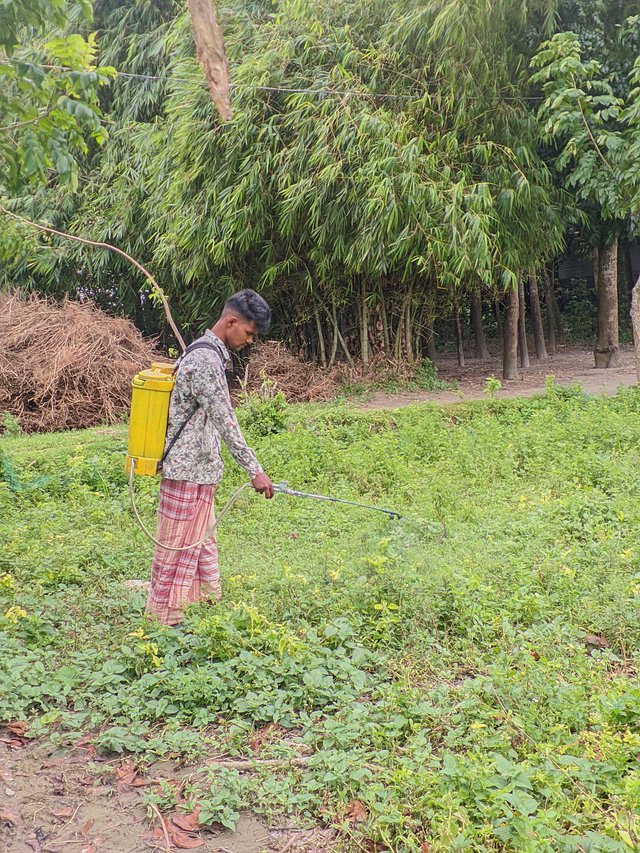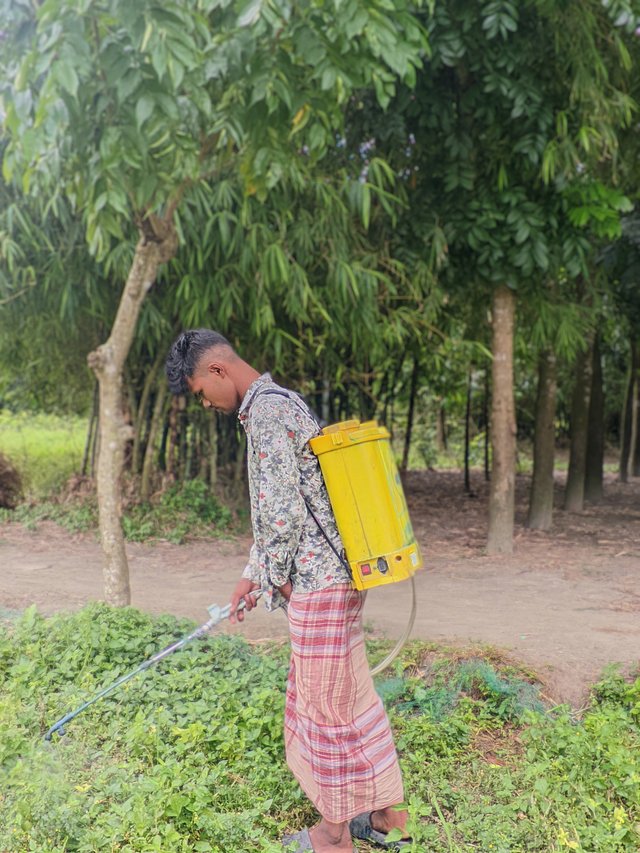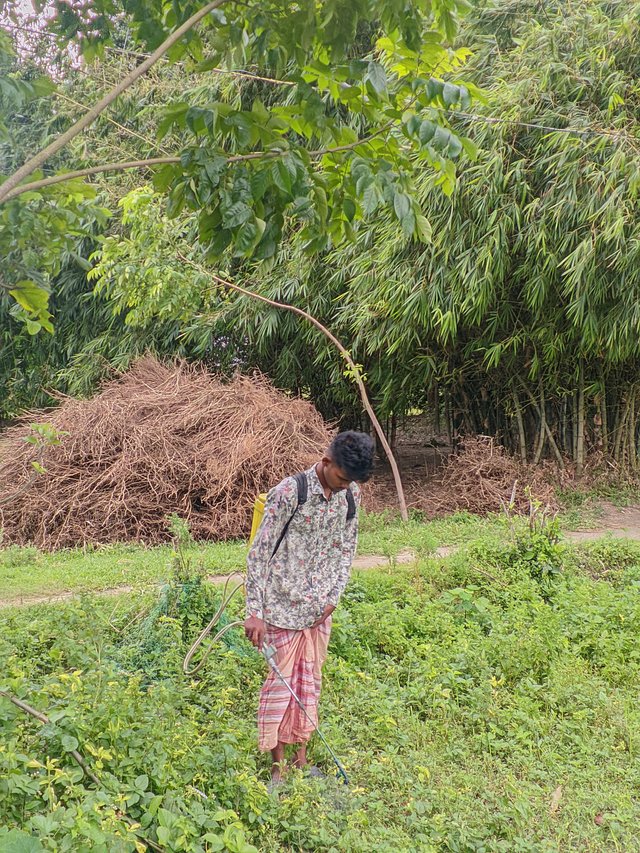Disadvantages
Disadvantages of using pesticides on land
If your question is "What are the benefits of using pesticides on land?", then answering it is quite complicated. Because, although there are some apparent benefits of using pesticides, there are many disadvantages in the long term and environmentally.
The alleged "benefits" of using pesticides
First of all, the reasons that are common for using pesticides at the farmer level can be called "benefits" in a sense, although they have many negative aspects:
- Crop protection: The application of pesticides can quickly protect crops from harmful insects, pathogens or weeds. This reduces crop damage and improves yields.
- Yield increase: The damage to crops due to insect or disease attacks is reduced, which increases total production or yield.
- Labor and time saving: Using pesticides is faster and less laborious than manually cleaning weeds or controlling insects.
- Crop quality: In some cases, the use of pesticides can preserve the external beauty of the crop, which helps in getting a good price in the market.
The truth: Serious disadvantages of pesticides
However, these "benefits" are actually short-term and, on the contrary, there are long-term and serious disadvantages:
- Environmental pollution: Pesticides pollute the soil, water and air. They are washed away by rainwater and enter the water bodies, harming fish and other aquatic animals.
- Biodiversity loss: Beneficial insects, such as bees, butterflies and birds, are killed by pesticides, which disrupts pollination and the natural balance.
- Soil fertility loss: Beneficial microorganisms (such as bacteria and fungi) in the soil are killed, which destroys soil fertility and makes the soil lifeless.
- Human health risks: Both farmers who come into contact with pesticides and those who consume food containing pesticides are at increased health risk. This can lead to cancer, nervous system problems, respiratory problems and reproductive problems.
- Insect resistance: Repeated use of the same pesticide causes insects to develop resistance to that pesticide, which in turn leads to the need to use stronger pesticides, creating a vicious cycle.
- Economic pressure: Farmers spend a lot of money on buying pesticides, which puts financial pressure on them.
Alternative and sustainable solutions
Instead of using "poison" or chemical pesticides in the soil, there is now an emphasis on using organic or environmentally friendly methods. These include: - Use of organic fertilizers: Helps increase soil fertility and keep beneficial microorganisms active.
- Biological pest control: Using natural enemies of harmful insects to control them (for example, ladybug beetles eat aphids).
- Crop rotation: Growing different crops instead of growing the same crop repeatedly on the same land.
- Trap crop: Planting another attractive crop next to the main crop where the insects are initially attracted.
- Mechanical methods: manual weeding or collecting insects.
Therefore, "poisoning" or using chemical pesticides may temporarily increase yields, but in the long run it poses a serious threat to the environment, soil and human health. Eco-friendly methods are the only effective and safe solution for sustainable agriculture.
Was your question about this, or did you want to know something else?



